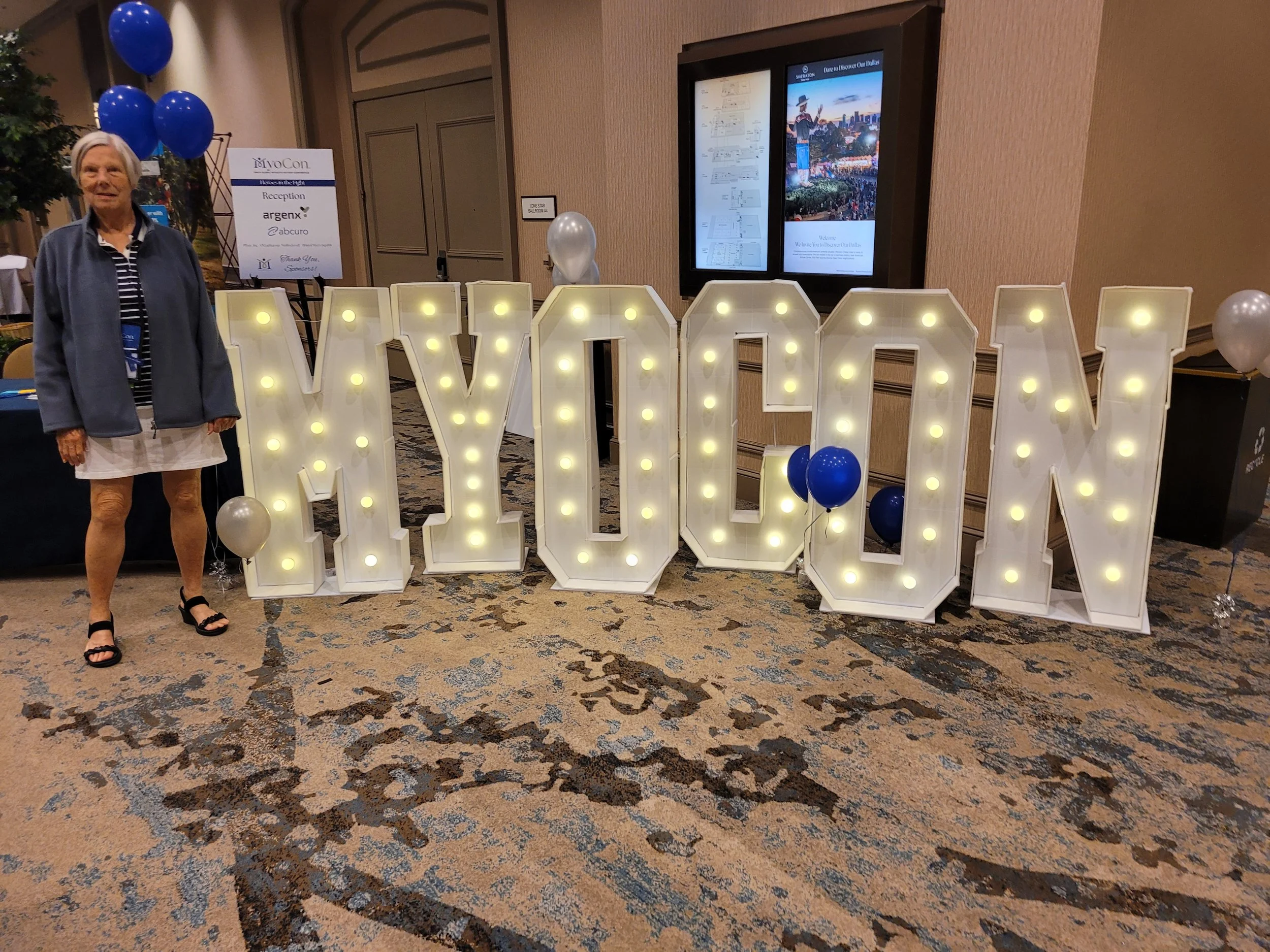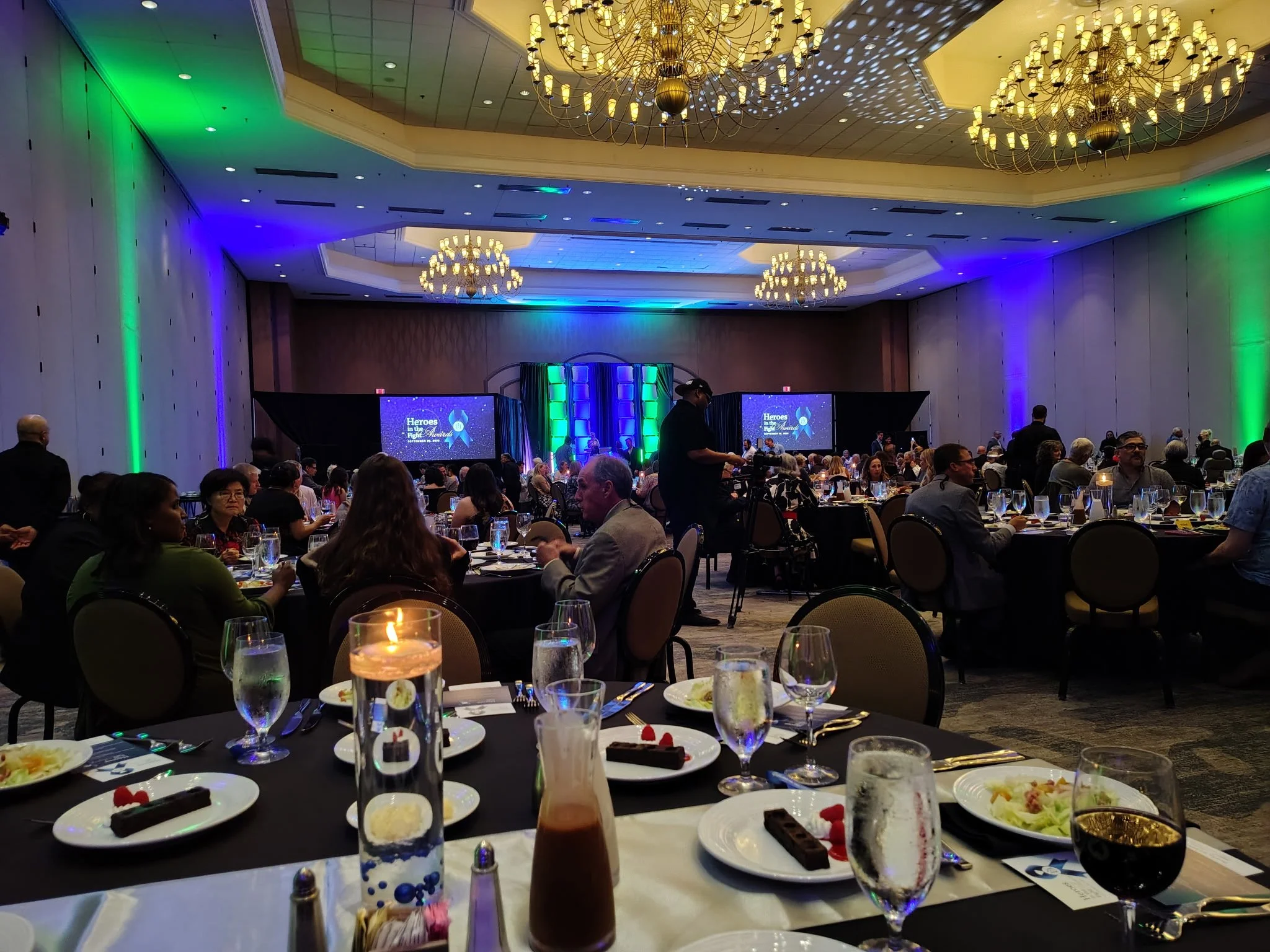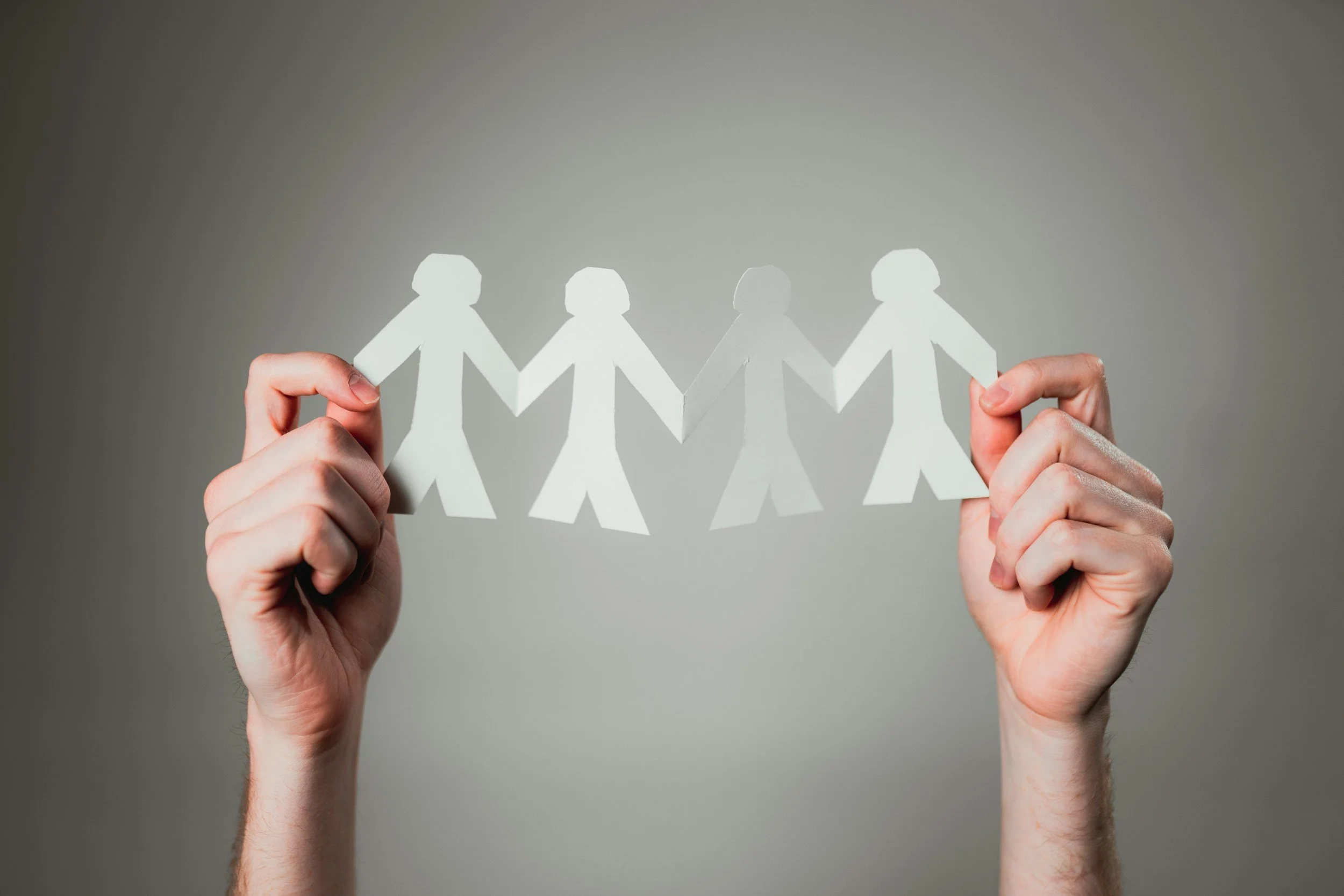MyoCon 2025
MyoCon25: Finding My People, My Voice, and My Second Wind
They call it a "conference," but to me, the Myositis Association Annual Patient Conference felt more like a family reunion—only with less potato salad and more medical breakthroughs.
I’m still sorting through all the handouts, memories, and little lightbulb moments that came with it. For those of us living with a rare disease like Inclusion Body Myositis (IBM), these gatherings aren’t just about information—they’re about connection, validation, and the odd but wonderful relief of hearing someone else say, “Yep, that happens to me too.”
Breakout Sessions That Broke Through
The breakout sessions this year were some of the best I’ve attended—practical, engaging, and led by individuals who truly understand the subject matter. There were sessions on adaptive exercise, nutrition for inflammatory myopathies (turns out chocolate isn't a superfood—rude!), and navigating daily life with grace, humor, and maybe a grab bar or two.
One standout session addressed mobility and assistive devices—not just the “what,” but also the “how to make peace with needing them” aspect. Another dove into caregiver relationships, which had more than a few of us blinking back tears (or just letting them roll—we’re among friends here).
Speakers Who Spoke to the Heart
The opening speaker (Representative Bartlett, who coauthored the ADA bill) welcomed us not just with facts and figures, but with compassion and a little fire. It reminded me that advocacy isn’t just a buzzword—it’s a lifeline. And the closing speaker, Dr. Julius Birnbaum, was fantastic. Let’s say if inspiration had arms, it would give us all a collective hug on the way out. Their words were a reminder that living with a rare disease is not about giving up dreams—it’s about rewriting them, sometimes on a smaller scale, but often with deeper meaning. We are living with an autoimmune disease, and Dr. Birnbaum’s speech focused on the Living WELL part.
Meeting My People
For me, the most powerful part of MyoCon25 was the chance to meet others who walk this same crooked, muscle-weary path. Something is healing about being in a room full of people who don’t need you to explain why stairs are your nemesis or why a "bad day" can mean struggling to lift a fork. There were hugs, laughs, and even a few races on mobility devices in the hallway (allegedly).
We swapped tips, stories, and emails. Some of us swapped compression socks (okay, just advice about which ones don’t cut off your circulation). I found new friends who are living proof that strength doesn’t always look like it used to—and that’s okay. We found those who are close enough to us to get together occasionally for coffee and a chat.
Experts Who Actually Know What They’re Talking About
We were lucky to hear directly from top researchers and clinicians who specialize in IBM and related diseases. They didn’t sugarcoat things (thank you for that), but they did offer hope grounded in science. New treatment trials, improved diagnostic tools, and a growing understanding of the disease mechanisms gave many of us reason to exhale and think, maybe we're finally being taken seriously.
Dr. Elie Naddaf explained the latest research like a neighbor leaning over the fence—not talking at us, but with us. That kind of communication is rare and so appreciated in our world, where it can sometimes feel like you need a PhD to interpret your lab results.
So, Was It Worth It?
Absolutely. MyoCon25 was a reminder that even though we live with a rare disease, we are not alone. We're part of a community that's growing in voice, strength, and determination. We’re not just patients—we’re advocates, storytellers, and (occasionally) hallway racers.
If you ever have the chance to attend, do it. Whether you're newly diagnosed or an old pro at managing this illness, there’s something valuable—and often life-changing—about being in a room full of people who get it.
And if you couldn't make it this year, don’t worry. I took notes—lots of them. And I’ll be sharing more in future posts—just as soon as I rest up, rehydrate, and find that one handout I accidentally packed with my socks.
If you also attended, share your observations in the comments.
This blog post is based on personal experiences and is not meant to provide medical advice.
Always consult your healthcare professional for personalized guidance on your health journey.
We have an “affiliate” bookshop store HERE where you can find books Linda has read or that look helpful for folks dealing with chronic diseases of various kinds. We get a small financial reward if you purchase
a book through the shop. It also helps support independent booksellers. Thanks!




